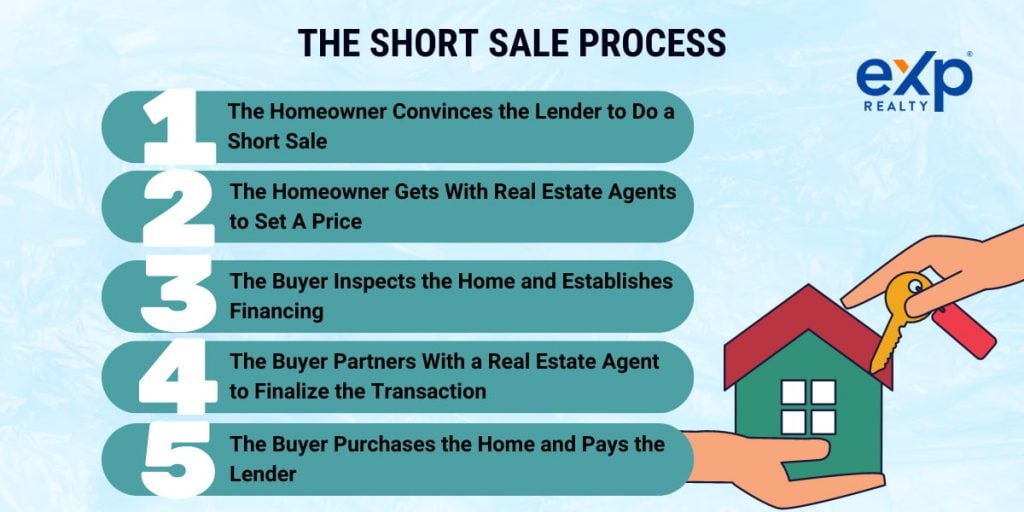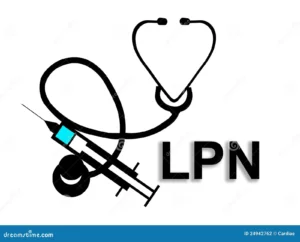what is a short sale for real estate
5 min read
Imagine you’re in the market for a new home, browsing through countless listings and dreaming of finding the perfect property. Suddenly, you come across a term that piques your curiosity: short sale. What does it mean? Is it some kind of special offer or discount? In the world of real estate, a short sale is not as straightforward as it may sound. It refers to a unique situation where a homeowner sells their property for an amount less than what they owe on their mortgage. Intrigued? Let’s delve deeper into this fascinating concept and understand how it works in the realm of real estate transactions.
Defining a short sale in real estate

In the world of real estate, short sales are a term that often raises eyebrows and sparks curiosity. But what exactly is a short sale? In simple terms, it refers to a situation where the homeowner sells their property for less than the amount owed on their mortgage. This typically happens when the homeowner is facing financial distress and unable to keep up with their mortgage payments.
But why would anyone choose to engage in a short sale instead of foreclosing on their property? It’s essential to understand that foreclosure can have severe consequences for both parties involved – the homeowner and the lender. For homeowners, going through foreclosure can damage their credit score and make it harder for them to secure future loans. On the other hand, lenders usually prefer not to go through lengthy and costly foreclosure proceedings. During a short sale, both parties work collaboratively to find a solution that benefits everyone involved. The homeowner avoids foreclosure while potentially mitigating some of their financial hardships, while the lender minimizes financial losses by selling off the property quickly – even if it means taking a small loss on the loan balance. Overall, understanding what a short sale is provides valuable insights into how distressed properties are handled within real estate transactions – offering an alternative path outside of foreclosure for homeowners facing difficulty amidst challenging times.
How does a short sale work?
In a real estate market affected by economic downturns, short sales can become quite common. But how exactly does a short sale work? Well, it starts when a homeowner facing financial hardship decides to sell their property for less than what they owe on their mortgage. The first step in the process is obtaining approval from the lender, as they are essentially agreeing to accept less than the full amount owed. This involves providing the necessary documentation to showcase the homeowner’s financial circumstances and inability to continue making mortgage payments.
Once lender approval is obtained, the property is listed for sale at a price lower than its market value. Potential buyers may show interest and make offers, but ultimately, it’s up to the lender whether or not to accept an offer. At this point, negotiations begin between all parties involved: the buyer, seller, and lender. These negotiations typically focus on finding an agreeable price that satisfies both the buyer’s desire for a good deal and the lender’s need to recoup as much of their investment as possible. The process concludes when all parties reach an agreement and close on the sale. While this may sound straightforward enough in theory, there can be many hurdles along the way – including delays due to paperwork discrepancies or issues with lenders taking too long to respond. Thus, it is crucial for homeowners considering a short sale to seek out expert advice from real estate professionals experienced in navigating these complex transactions effectively.
Benefits of a short sale for buyers

A short sale can present a unique opportunity for buyers to secure a great deal on their dream home. One of the significant benefits of a short sale is the potential for a below-market purchase price. In these situations, the homeowner is typically trying to sell the property for less than what they owe on their mortgage. This often means that buyers can negotiate a lower price than they would find on the traditional market.
Another advantage of buying through a short sale is the opportunity to purchase a property in better condition compared to foreclosure homes. While foreclosed properties may have been neglected or abandoned, homeowners going through a short sale process are usually still living in their homes. This means that there is likely to be more upkeep and maintenance done on the property, resulting in fewer issues for buyers after closing. Ultimately, investing in real estate through a short sale can be an excellent way for buyers to secure an affordable and well-maintained property.
Challenges and risks of a short sale
Short sales can be an attractive option for homeowners facing financial distress, but they come with their fair share of challenges and risks. One major challenge is the lengthy and complex process involved in completing a short sale transaction. From gathering necessary documents to negotiating with the lender, it can take several months to complete a short sale, making it a time-consuming ordeal.
Another significant risk associated with short sales is the uncertainty surrounding the final outcome. Even after putting in all the effort and waiting patiently, there’s no guarantee that the lender will approve the short sale. They have the right to reject any offer they deem insufficient or not in their best interest. This can lead to disappointment and frustration for homeowners who were relying on a successful short sale as their way out of financial hardship. Furthermore, sellers may face potential tax implications when opting for a short sale. The difference between what is owed on the mortgage and what the property is sold for (known as forgiven debt) could be considered taxable income by the IRS. It’s essential for sellers considering a short sale to consult with tax professionals and understand how this aspect might impact their overall financial situation.
Navigating these challenges while carefully weighing associated risks requires patience, perseverance, and professional guidance throughout every step of the process. Homeowners should thoroughly educate themselves about all aspects of a short sale before making any decisions or commitments, ensuring they are fully prepared for both potential setbacks and positive outcomes alike.
Conclusion: Is a short sale right for you?
In conclusion, whether a short sale is right for you depends on your individual circumstances and goals. If you are facing financial hardship or struggling to make mortgage payments, a short sale can be a lifeline to avoid foreclosure and salvage your credit score. It can provide an opportunity to sell your property at a lower price than what you owe the lender, allowing you to move on from the burdensome mortgage without incurring further debt. However, it’s essential to carefully consider the potential drawbacks of a short sale.
Firstly, keep in mind that a short sale typically requires approval from the lender, which can be a lengthy process that adds stress and uncertainty to your already challenging situation. Additionally, there may be tax implications involved as any forgiven debt may be considered taxable income by the IRS. Moreover, while a short sale can save your credit score from taking as big of a hit as foreclosure does, it will still have some negative impact on your creditworthiness. Ultimately, weighing these factors against your own personal circumstances is crucial in determining if a short sale is right for you.
Also Read: What Does Launching A Website Mean?





